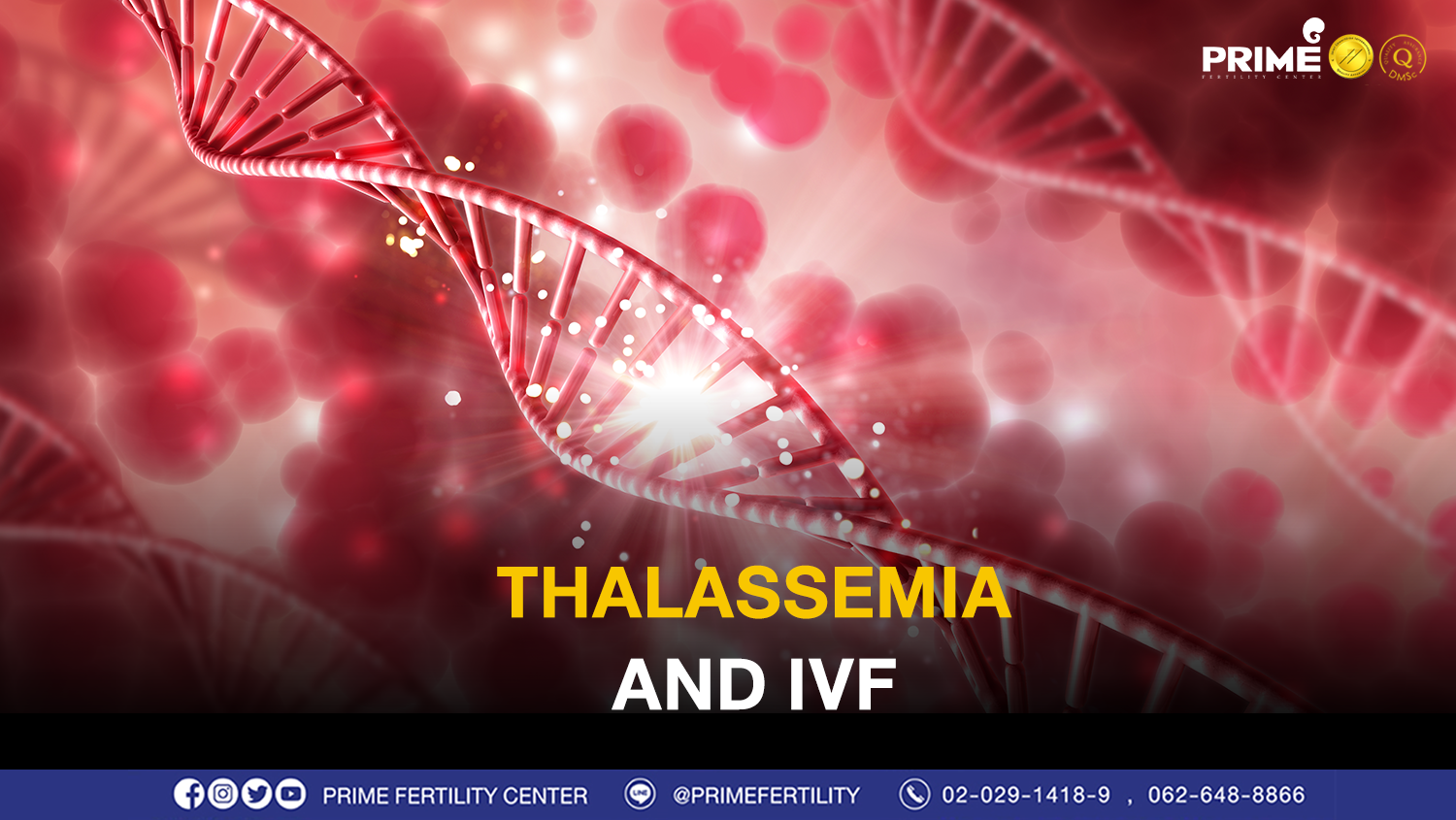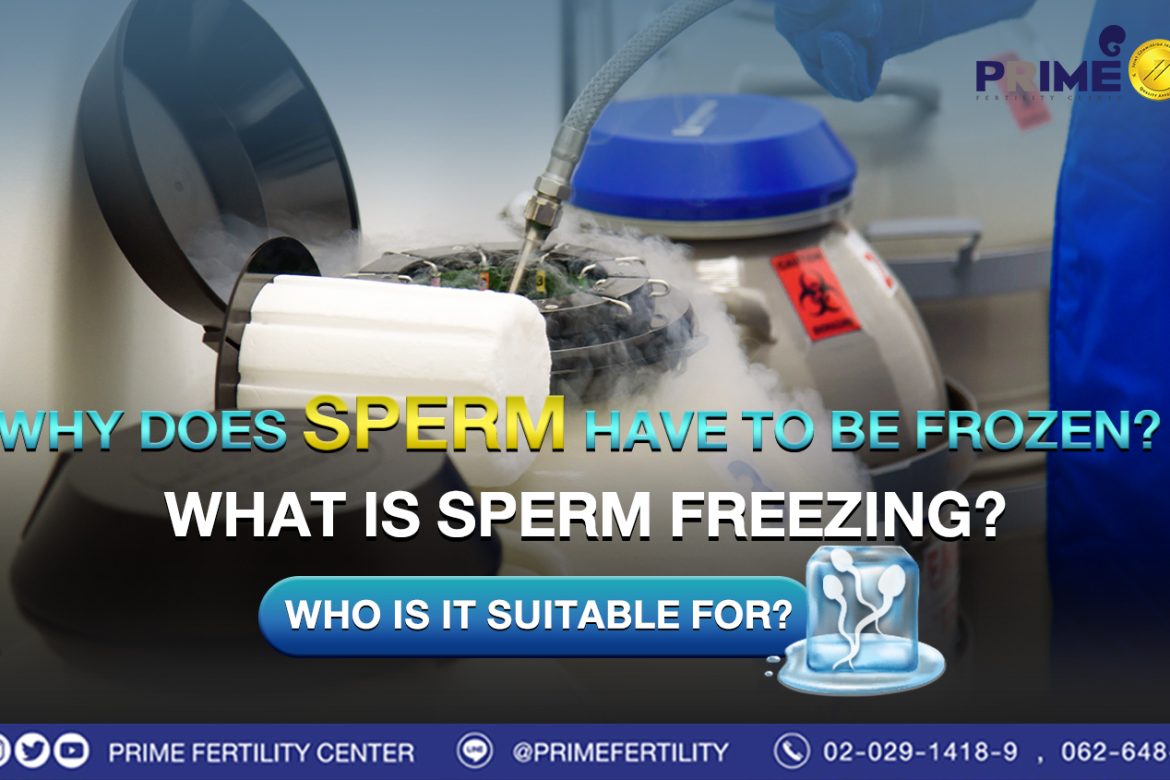Thalassemia is a severe anemia that can be genetically inherited. There is a 25% risk that the child born from parents in which one of the couple is a carrier of thalassemia would develop severe thalassemia. The carriers will exhibit no symptom of thalassemia and, thus, may not be aware that they are a carrier.

The way to identify whether one is a carrier of thalassemia or not is to take the blood test.
If both parents are carriers of thalassemia but wish to have a healthy child, firstly, the parents should take the screening test for thalassemia before having a child. The test will be analyzed to see if the parents have a chance to pass the disorder to their child or not.
If the result reveals that both parents are the carrier, it is recommended using assisted reproductive technology or IVF. The procedure is done by fertilizing the egg with sperm in the lab until we get the embryo.
Then, the patient may take a screening test for thalassemia using the PGD method (Preimplantation Genetic Diagnostic). After the embryo test, we will transfer the healthy embryo into the uterus and let it develop further.
Hence, if you have any question or would love for more information about thalassemia, you may consult with the doctor to plan for treatment and prevention to avoid a child with thalassemia.
–
Piraporn Jindasri
Embryologist
–
Reference: Prime Fertility Center Co., Ltd.
If you are interested in ICSI, kindly find more detail here: www.primefertilitycenter.com/en/package-promotion-4/foreign-couple-package-2021-2/foreign-couple-package-2021/



